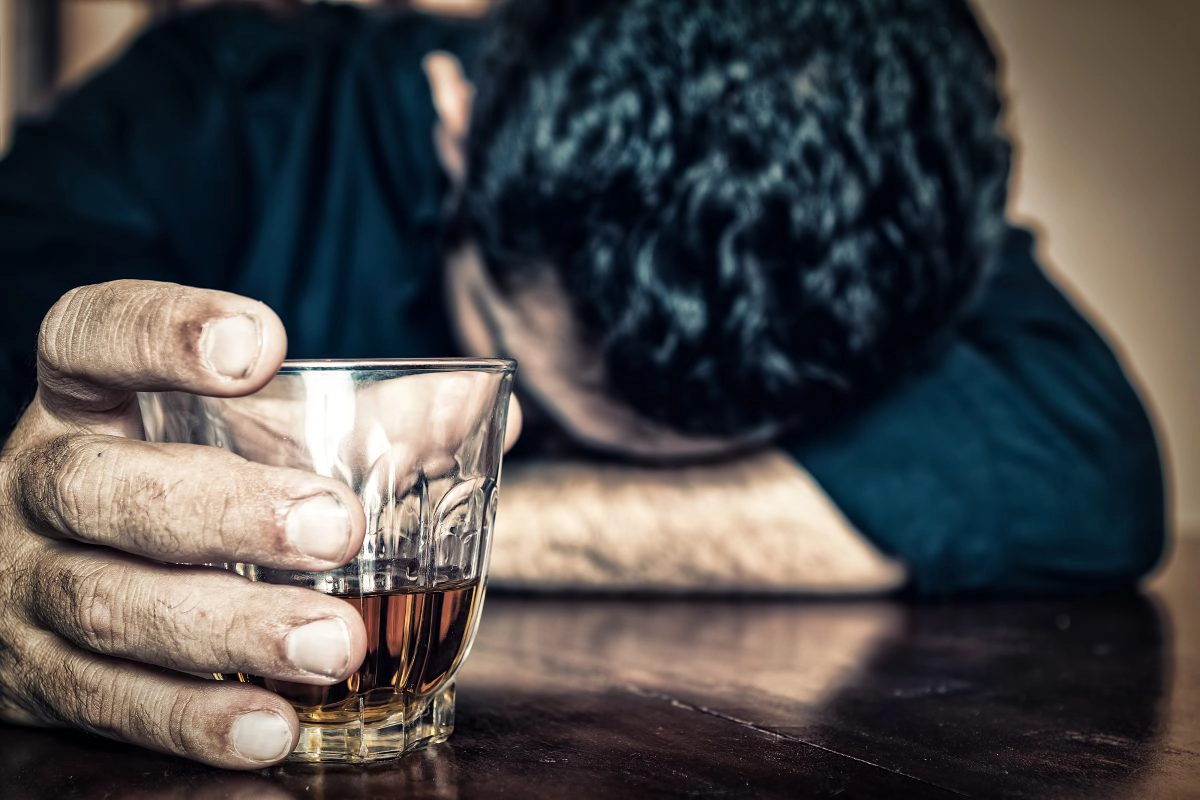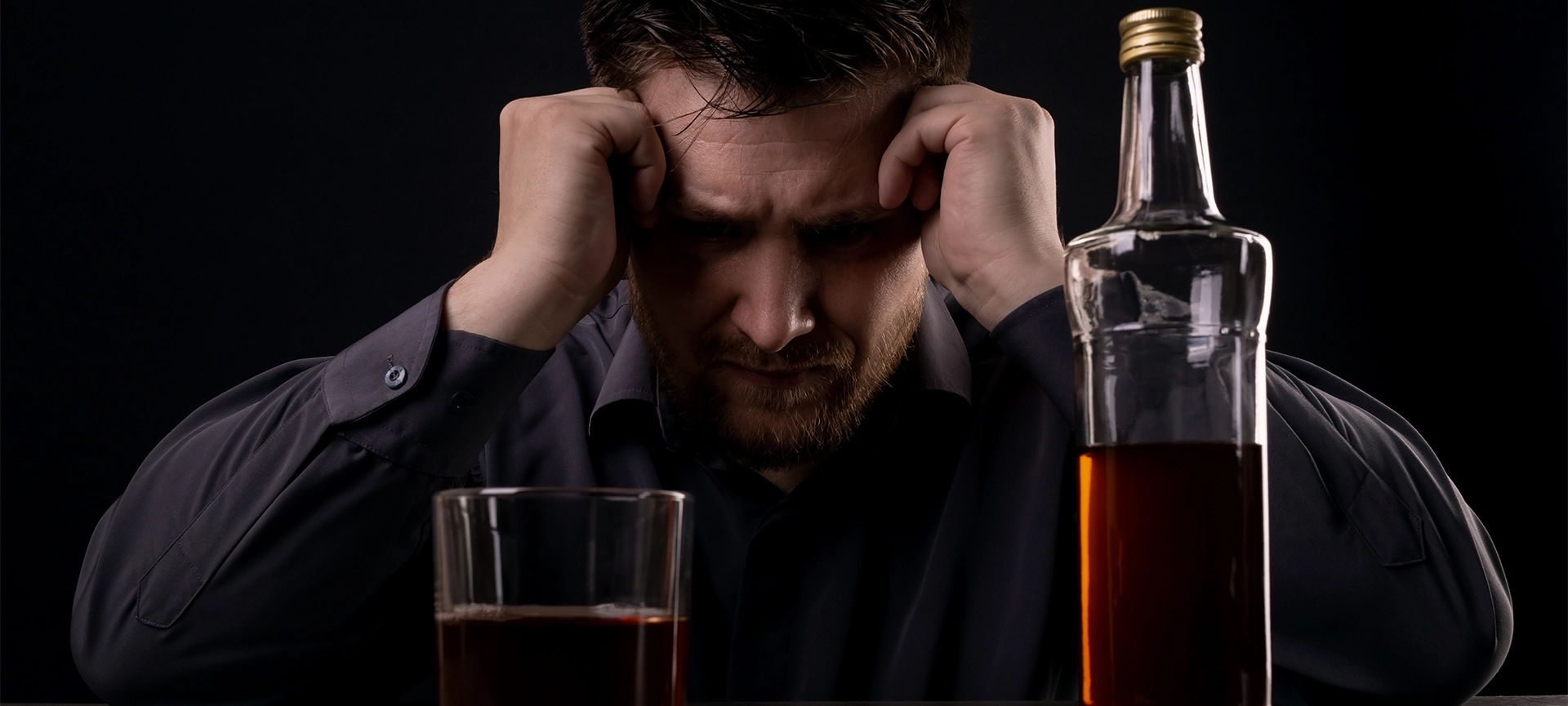The effects of alcohol addiction include those that affect your mental health. Around the world, it is a commonly abused legal drug. Many people are suffering from the effects of alcohol addiction. If you feel that you are having problems with your drinking habit, it may be time to seek help. Reading this article is one of the ways that you can inform yourself about what alcohol addiction can do to your mind and body. Read along to find out how too much alcohol is affecting you.
Related article: How to Know if Alcohol Abuse is Already a Problem
How Alcohol Affects You
Alcohol is a depressant. It means that it slows down the way your brain functions. Occasional drinking such as having a drink or two to socialize is not at all bad. Many are pressured to drink more by their peers. But you should know that if you don’t want to or if you feel that you can’t handle another drink, then you should stop. Drinking more won’t prove that you are tougher. By knowing your body’s limits, you are actually more courageous because you know where to draw the line and stop.
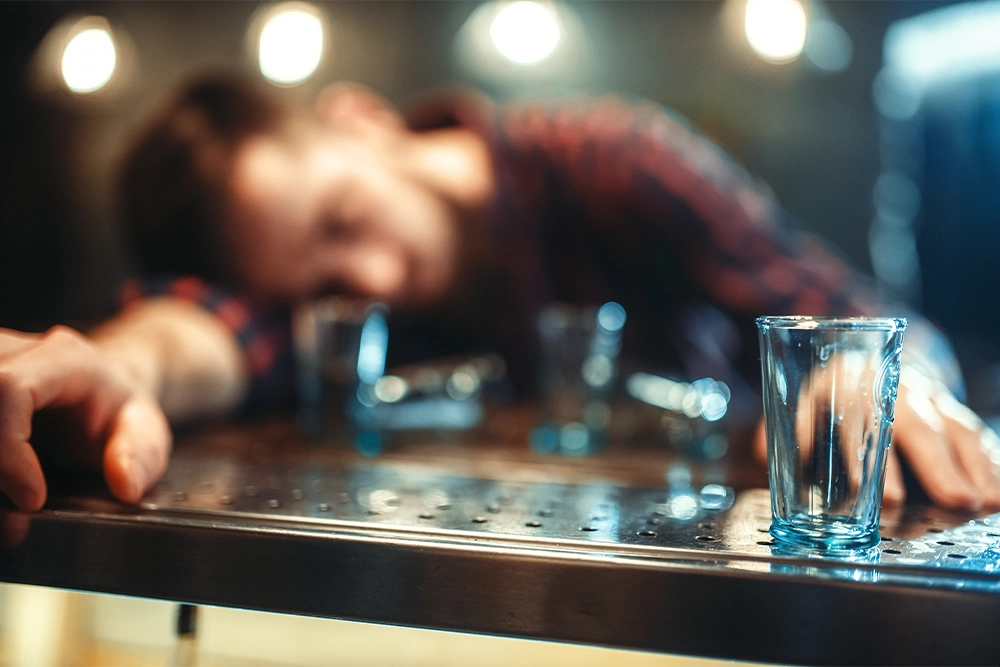
Drinking alcohol usually makes you feel relaxed. You also feel more confident. However, it has the power to affect your reflexes. It can affect your coordination and balance. If you drink too much alcohol, you can suffer from dizziness, headaches, nausea, as well as vomiting. There are extreme cases where you’ve drunk too much and you pass out. You may not be able to remember the things that happened. It can be very dangerous because you could do risky things while under the influence of alcohol.
The way that alcohol affects you depends on numerous factors. Your health, weight, amount of alcohol, and frequency of drinking are some of those factors. Alcohol’s effects can last for several hours. It may even last the whole night. When the effects wear off, you will feel tired, thirsty, and sick. Your head may still be throbbing and aching. At this point, you need to drink lots of water so that you can replenish the lost fluids in your system, especially if you’ve been vomiting. Water will also help ease your headache.
Related article: Is Depression Related to Alcohol Abuse?
Alcohol and Your Mental Health
Alcohol is known to affect a person’s mental health in many ways. As a depressant, it can slow down your body. It can also change the brain’s chemical makeup. Alcohol can change your mood, sleeping patterns, and energy levels. It can affect your ability to concentrate and remember things.
Alcohol can also reduce your inhibitions. It can impact your decision-making capabilities. You may make decisions while you’re drunk that you don’t usually do when you’re sober. It means you are more likely to engage in risky behaviour. You may become more aggressive. You may harm other people or yourself. If you’re going through a tough time in your life and you’ve been drinking, you may also be at risk of being suicidal.
Addiction to alcohol can increase such effects. It can heavily impact your mood as well as your ability to cope with stressors. If you are experiencing any mental health issues, you may have resorted to alcohol so you can try to manage the stress and other problems. You may have thought that consuming alcohol will lift your mood. While alcohol may do that and allow you to forget some of your problems, it won’t be able to address the root cause of your problems.
Why People Self-Medicate Using Alcohol?
There are many reasons why people drink. Excessive drinking and the effects of alcohol addiction affect the overall well-being of the individual including mental health. Problems with one’s mental health are not only because of you drinking too much. Any existing mental health issues may actually be causing you to drink excessively.
Sometimes, we drink so that we can change the way we feel and alter our mood or mental state. While it is true that alcohol can alleviate such feelings of depression and anxiety, this is only temporary. Many people use alcohol as a way to self-medicate. They find a way to try and change their mood. They want something that can cheer them up. Sometimes, they just need something to help them sleep better.
When you drink so you can deal with any difficult feelings, you may have found yourself self-medicating with alcohol. It’s often a vicious cycle. People drink so that they can forget. But people who have mental health issues also drink so they can deal with their state of mind. It really doesn’t help them move forward. It actually gets them stuck in this cycle of negativity, drinking to alleviate it, and then coming out feeling much worse about it.
Alcohol addiction is common for people who are suffering from mental health issues. While alcohol can affect one’s mental health, it is also sometimes the other way around. People drink to ease their mental health problems. However, there are also studies that show that people who drink too much and too often are more likely to develop mental health conditions. Alcohol consumption greatly contributes to depression, anxiety, and other mental health problems.
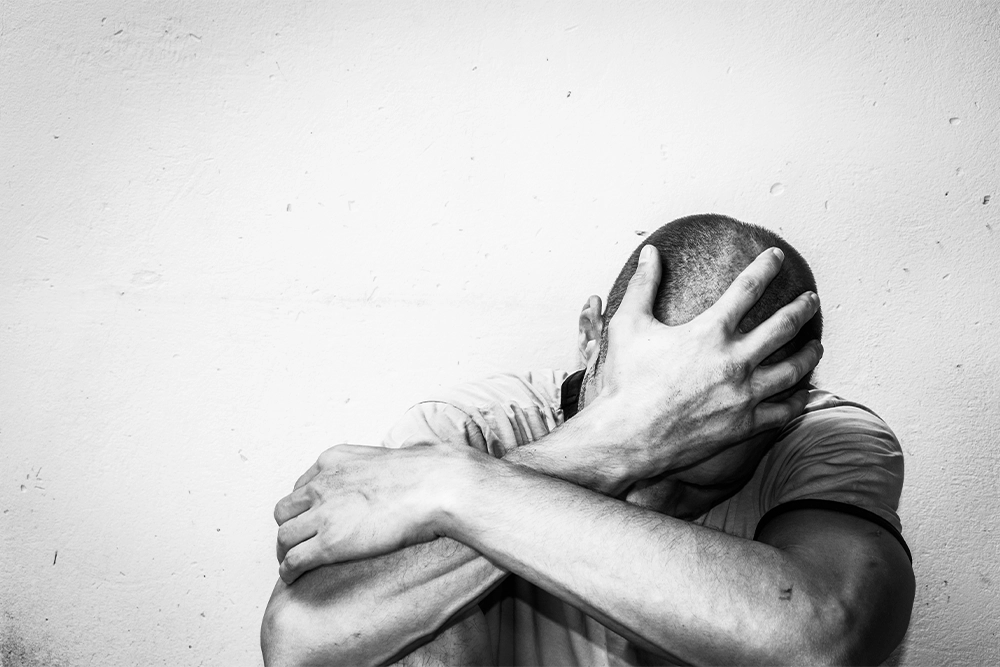
Related article: How to Overcome Alcohol Addiction
How Alcohol Affects Your Mood
Drinking alcohol can lower your inhibition. When you consume excessive amounts of alcohol, it means that you have fewer constraints on yourself. Alcohol can also affect the way that your body rests. It means that your body needs to work much harder so that it can break down the alcohol that you have in your system. With alcohol interfering with your sleep and ability to rest, you will feel much tired. You will find it challenging to function, think, and carry on with your tasks.
Alcohol affects your central nervous system. As a consequence, your mood can fluctuate. You may also feel somewhat “numb.” That’s why some people drink so that they can avoid any difficult issues that they are facing. Another thing that alcohol can do to you is that it can actually intensify the feelings that you may have. So, rather than forgetting painful things, for example, it will make you feel it all the more. Alcohol can affect you in such a way that you may become overwhelmed with depression, shame, or anxiety. It won’t do you any good to drink as a way to get away from your problems.
Healthier Ways to Cope with Stress
No one knows what you’re going through and how tough it is. You may feel desperate and alone. You turn to alcohol because of the temporary relief that it offers. However, once the effects of alcohol wear off, you’re back to reality and you still have to face your problems.
There are baby steps that you can take so that you can cope with the stressors in your life. Some of these steps may sound strange or you may easily dismiss them as something that won’t work for you. But you have to try something else other than consuming alcohol. There are healthier ways to cope that can actually help you move forward. Let’s take a look at some of them.
Make a List
Take a pen and paper and make two columns. List what’s stressing you out on one column. It could be financial problems, disputes with family, work, and others. List them so you can see what’s causing you to drink so much. Now, in the next column, list the immediate steps that you can make.
It doesn’t have to be a big step. You just need something that you can act on. For example, if there’s an email from your boss that’s causing you to feel anxious, the step there could be “Read email from the boss.” That’s all you need to do. Remember, focus on baby steps. When you’re ready, then you can write your reply. What’s important is that you’re doing something about your stressors.
Reach Out
Many of us feel like we’re alone in the world and that there’s no one else to help us. But this is far from the truth. We only feel like we’re alone because we’ve isolated ourselves. When you start reaching out, you’ll be surprised at how many of your friends and family will reach back. All you need to do is send that chat message, make that phone call, or write that email.
It’s never shameful to ask for help. Especially if you’re going through something difficult like alcohol addiction, you’d want to have people who can support you and cheer you on. Never think that people will just ignore you and you will feel rejected and abandoned.
If you don’t have family or friends that you feel comfortable talking to, then reach out to a therapist or support group. A therapist or counsellor is very much equipped to help you address your mental health problems as well as more effects of alcohol addiction on your health.
Get Out of Bed
When you’re dealing with something that’s really challenging, you’ll often feel anxious and depressed. These feelings can paralyze you and you just stay in bed all day and all night. You feel that there’s nothing you can do about your situation. However, know that there are plenty of things that you can do. But first, you have to get out of bed. The problem won’t be able to solve itself. You need to take control of your life again.
It is a big step to say to yourself that “I won’t be defeated by my addiction today.” If you’re in bed right now, say it to yourself and get up. That in itself is a victory. For sure, there are plenty of things that you have to do and you’ve been putting off. Don’t get overwhelmed. Remember to make a list and just focus on baby steps. The important thing is for you to work on something, no matter how little it is.
Related article: Best Alcohol Addiction Treatments
Takeaway
Alcohol addiction, anxiety, depression, and other mental health conditions are serious problems. Before it gets any worse, do your best to fight it. Keep in mind that you don’t have to fight it alone.
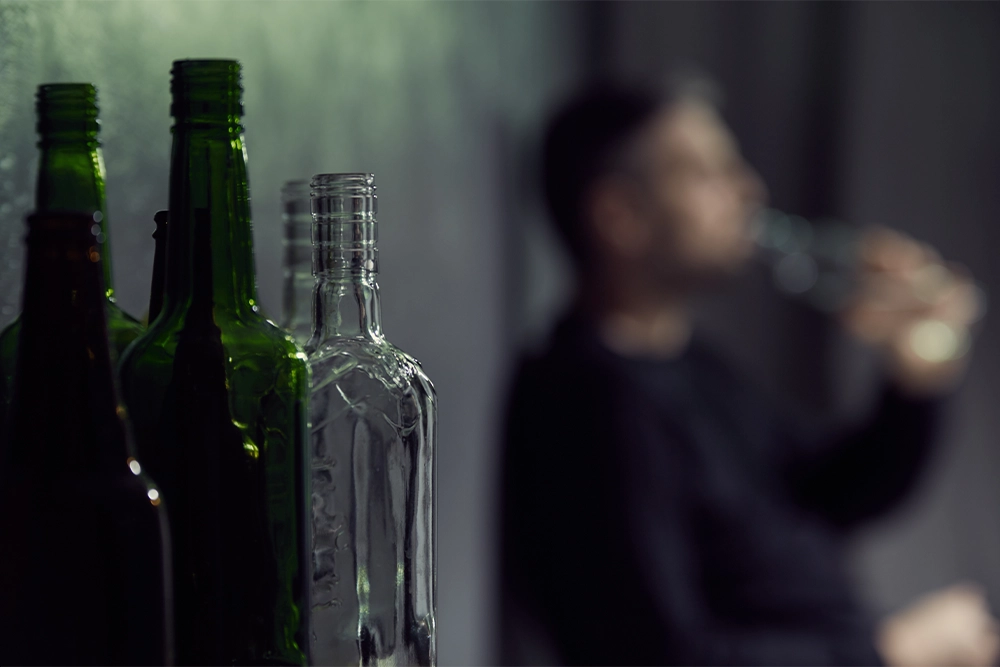
There are numerous support groups and therapists who can help and guide you. If you’re not yet ready to reach out to your family, that’s alright. Just keep that on your list of to do’s. What’s essential right now is that you get help from someone who can provide you with the right guidance and support.
Whenever you’re ready, we’re here to listen. Our kind and understanding experts here at Addiction Rehab Toronto are just a call away.
Related article: The Complex World Of Alcohol Addiction Treatment



